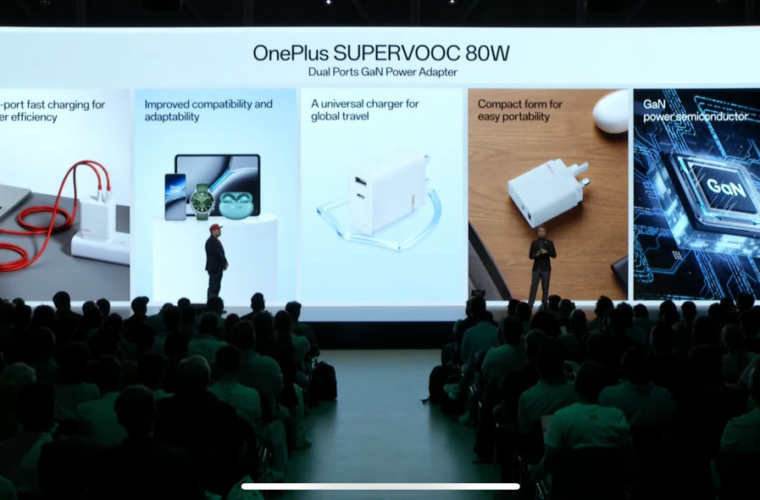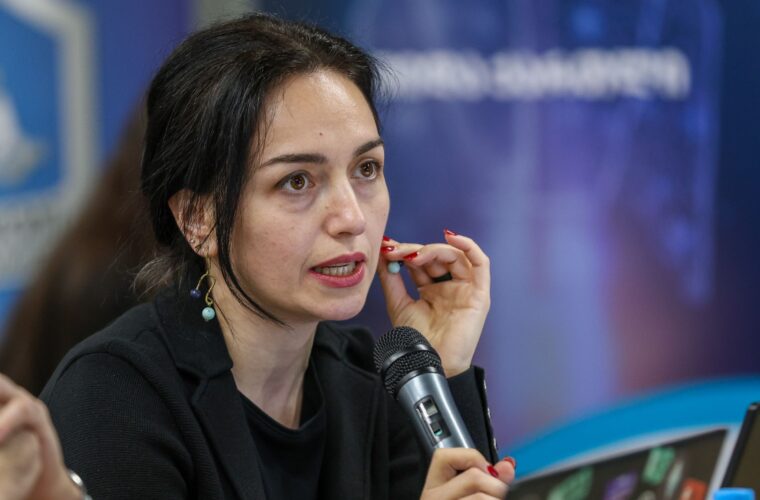In this interview, I had the opportunity to engage with Özgün İnceoğlu, the founder of MAP360, a sustainability management software. As we explored the origins of MAP360, Özgün provided valuable insights into the inspiration behind the platform.
What made you decide to kickstart Map360, and could you share the spark that led you to see a need for a sustainability platform in Turkey?
The inspiration for MAP360 was born from a realization of the need for structured sustainability management in Turkey. Observing a gap in the market for a platform that not only consolidated ESG data but also made it actionable and insightful was the spark. The clear need for businesses to navigate the complex sustainability landscape more efficiently, especially with Turkey’s unique regulatory and environmental challenges, led to the creation of MAP360.
Can you discuss the mission and vision driving Map360 and how you envision the platform contributing positively to sustainability?
MAP360’s mission is to revolutionize sustainability management by leveraging the power of data science, embodying our core belief that “sustainability meets data science.” We provide a platform that transcends traditional ESG reporting and compliance, facilitating businesses of all sizes to harness data-driven insights for actionable impact. Our vision is to enable organizations not just to meet but exceed their sustainability aspirations, fostering a culture where data science becomes the backbone of their environmental and social strategies. In essence, MAP360 serves as the nexus where sophisticated data analytics becomes the driving force behind sustainable development and corporate responsibility.
Could you please walk us through some of the standout features that Map360 offers for users diving into sustainability data and metrics?
MAP360 redefines sustainability management with a dynamic, user-centric platform, blending real-time ESG tracking, automated data collection, and predictive analytics. Its intuitive dashboard, complemented by deadline reminders, data checks, and tailored project management tools, ensures accuracy and efficiency. The platform encourages collaboration through integrated pieces of training, a comment wall for knowledge sharing, and automatic notifications, all while offering customizable reporting for various sustainability frameworks, making it an essential tool for any organization serious about its sustainability goals.
Encouraging businesses and individuals to use Map360 must come with its own set of challenges. How do you get them on board and active in the sustainability journey?
At MAP360, we understand the challenges of adopting new systems, and the key to successful onboarding is showcasing the platform’s multifaceted value. For businesses, it’s about streamlining their sustainability journey — finding all pivotal metrics and frameworks like GRI, TCFD, SASB, UNGC, CDP, S&P, and GHG Protocol consolidated in a single interface. This unified approach not only simplifies the reporting process, enabling the generation of diverse reports and carbon footprint calculations, but it also significantly enhances efficiency across the board. By sharing success stories and emphasizing the individual’s role in achieving broader environmental targets, we cultivate a culture of personal and corporate empowerment in the sustainability realm.

How does Map360 tackle the complexities of collecting and analyzing diverse sustainability data?
MAP360 navigates the complexities of sustainability data collection and analysis by offering a unified framework that adheres to international standards and simplifies the process across various data points. Our platform is adept at managing diverse data formats and sources, enabling a consistent and holistic analysis. By segmenting data topics, we empower users with specific responsibilities, such as Health and Safety managers, to focus on relevant metrics and maintain oversight of their domains. This approach allows individual HSE managers across facilities to contribute their data, which the software consolidates, providing a comprehensive organizational snapshot. This granular yet integrative capability ensures each thread of data weaves into a clear tapestry, depicting an organization’s complete sustainability narrative.
Are there any noteworthy collaborations or partnerships that Map360 has formed to enrich its offerings in sustainability data?
MAP360’s offerings in sustainability data are bolstered by strategic collaborations and partnerships, most notably our alliance with the Global Reporting Initiative (GRI). As a GRI Certified Software partner, we’re recognized on their website, showcasing our commitment to upholding the highest sustainability reporting standards. These partnerships, coupled with ongoing discussions for new collaborations, allow us to integrate enriched datasets, providing users with detailed insights and the cutting-edge expertise needed to navigate the complexities of sustainability. These alliances reinforce our pledge to deliver a comprehensive and evolving sustainability management tool.
The accuracy and integrity of sustainability data are paramount. Can you share some insights into how this software maintains these standards on the platform?
MAP360 steadfastly upholds the accuracy and integrity of sustainability data through stringent validation protocols and thorough data quality checks, ensuring compliance with GRI and various international standards. Our platform is equipped with a real-time data inconsistency check feature that compares current data entries against historical data to alert users of any discrepancies promptly. Moreover, we facilitate licensed companies’ audit processes by securely storing verifiable data and evidence documents. This meticulous approach to data management solidifies trust and reliability in the sustainability metrics reported through our platform.
Feedback from users is crucial for future improvement. How do you collect and integrate user feedback into the evolution of the software?
User feedback is collected through various channels, including direct support interactions, user surveys, and engagement metrics. We prioritize feedback in our development cycle, allowing user experiences to shape feature updates and platform enhancements directly.
What sets Map360 apart from other sustainability platforms? Is it in terms of features, accessibility, or a unique approach?
MAP360 stands out not just as a data platform but as an interactive social ecosystem where users can engage and exchange insights. Our visually compelling data visualization is designed to facilitate real understanding and actionable insights. Born from the minds of seasoned sustainability experts, MAP360 also serves as an ongoing consultancy underpinning the software, providing us with the agility to swiftly adapt to new developments like the EU CSRD. This blend of user-centric design, industry-specific customization, and expert-driven agility truly sets MAP360 apart from other sustainability platforms.
In your view, how do you measure the success and impact of the software, considering both user engagement and overall contributions to sustainability?
User engagement levels measure success for MAP360, the actionable outcomes achieved through the platform, and the positive sustainability contributions reported by our clients. We also look at the broader adoption rates across industries and the feedback loop from users to gauge our impact.
What can users anticipate in terms of new features or developments as Map360 continues to grow?
As MAP360 expands, users can look forward to an array of forward-thinking enhancements. With a focus on enriched predictive analytics and sophisticated automation capabilities, the platform will continue simplifying the sustainability reporting process, evolving with the standardization trends. We are enhancing our AI capabilities to provide increasingly personalized insights. Additionally, as sustainability reporting becomes more standardized, MAP360 will introduce automated reporting features that swiftly align with local and global standards, offering users quick and compliant reports tailored to their specific standardization needs, ensuring they stay ahead in their sustainability commitments.
Security and privacy are critical, especially with sensitive sustainability data. How does MAP360 prioritize and ensure the protection of user information?
At MAP360, prioritizing the security and privacy of user information is paramount. We implement state-of-the-art encryption and conduct regular security audits while strictly adhering to robust data protection regulations. In addition to our security measures, we partner with the world’s leading cloud computing service providers, benefiting from their exceptional uptime and security standards. Despite processing minimal personal data, we ensure full compliance with the EU’s General Data Protection Regulation (GDPR), reinforcing our deep commitment to maintaining the integrity and confidentiality of our users’ sustainability data.
What challenges do you foresee, both technologically and in user adoption, and what’s your plan to tackle them?
Facing the future, MAP360 recognizes that automation will be critical in addressing technological challenges and ensuring swift, efficient service. As sustainability metrics rapidly evolve, our dedicated team remains committed to global alignment and precise mapping of these metrics. This ensures that our platform stays at the cutting edge of sustainability management. To enhance user adoption, we prioritize making complex data not just accessible but also actionable through intuitive design and automated features. Continuous innovation and a commitment to extensive user education will remain our strategy to empower users and overcome any barriers to adoption. With speed and adaptability as our guiding principles, we aim to maintain MAP360 as the forefront solution for sustainability data management.



